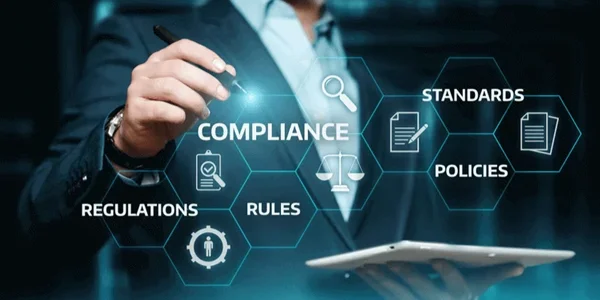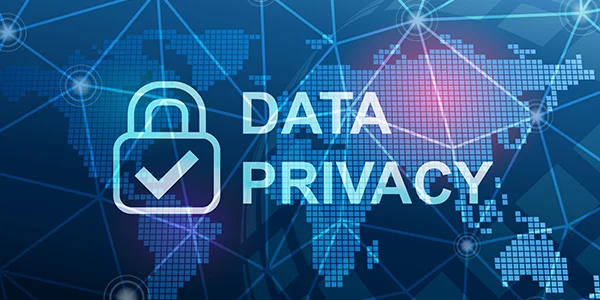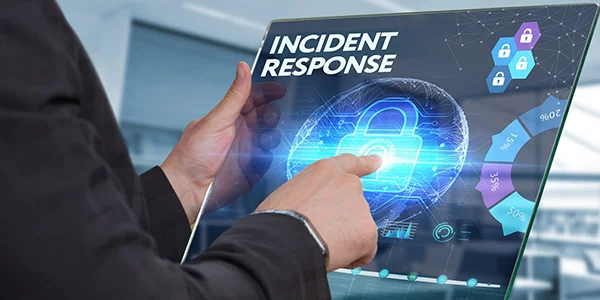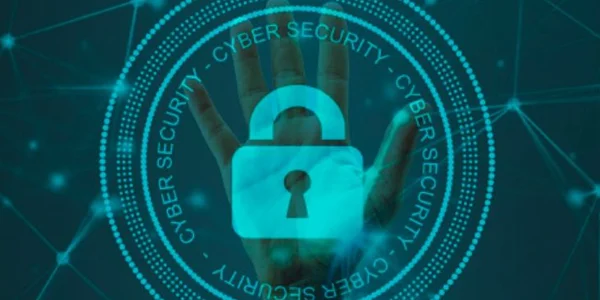Some of the key litigation services related to cybercrime compliance under the IT Act are.

Legal Consultation
Our lawyers can offer legal guidance and consultation to individuals and businesses on the provisions of the IT Act related to cybercrime compliance. They can help clients understand their rights and responsibilities under the law.

Compliance Audits
Our lawyers can conduct compliance audits for businesses to assess their adherence to the IT Act's provisions and identify areas of improvement to strengthen cybersecurity measures.

Drafting and Reviewing Policies
Our lawyers can assist businesses in drafting and reviewing cybersecurity policies and procedures to ensure they are in line with the requirements of the IT Act.

Data Protection and Privacy
Our lawyers can advise organizations on data protection and privacy laws and assist in implementing measures to safeguard sensitive information from cyber threats.

Incident Response and Reporting
In case of a cyber incident or data breach, our lawyers can help organizations develop an incident response plan and guide them through the process of reporting the incident to the relevant authorities as required by the IT Act.

Intermediary Liability Issues
Our lawyers can assist internet intermediaries, such as social media platforms and ISPs, in understanding their liability and compliance obligations under the IT Act's provisions.

Representation in Cybercrime Cases
If an individual or organization becomes a victim of cybercrime, our lawyers can represent them in filing complaints with law enforcement agencies and pursuing legal action against the perpetrators.

Adjudication and Appeals
Our lawyers can represent clients in cases before Adjudicating Officers under the IT Act, which handle matters related to data breaches and cybersecurity incidents. They can also handle appeals before the Cyber Appellate Tribunal, if applicable.

Electronic Evidence Handling
Cybercrime cases often involve digital evidence, and our lawyers can ensure proper collection, preservation, and presentation of electronic evidence in court.

Cyber Insurance Claims
Our lawyers can assist clients in understanding and filing cyber insurance claims to recover losses incurred due to cyber incidents.